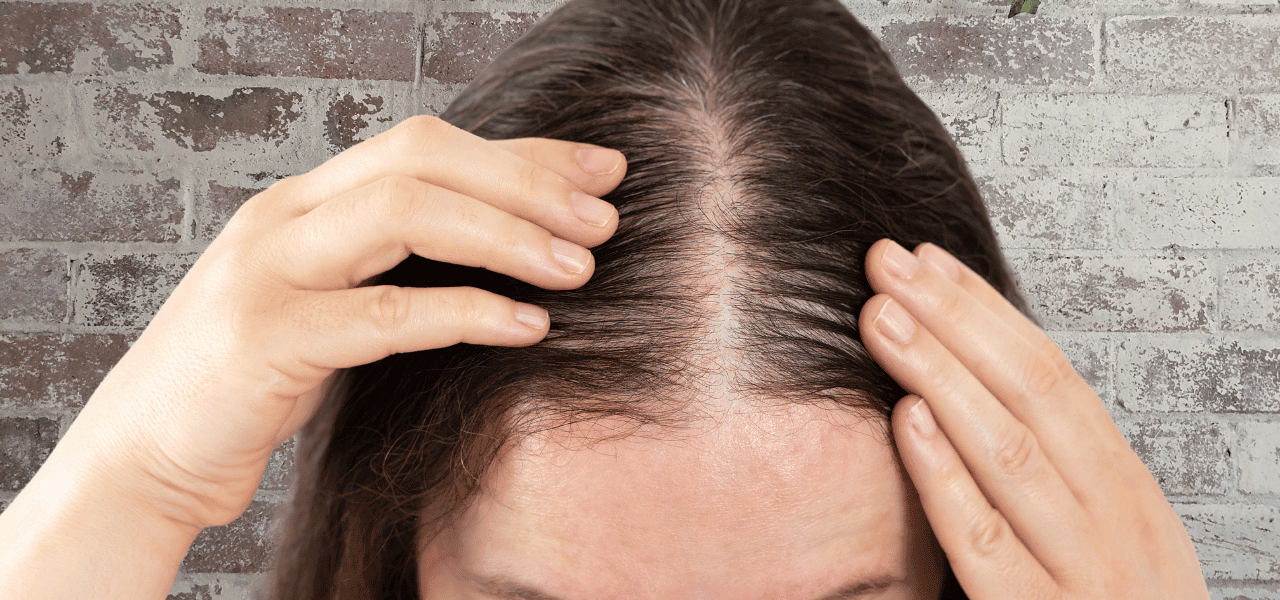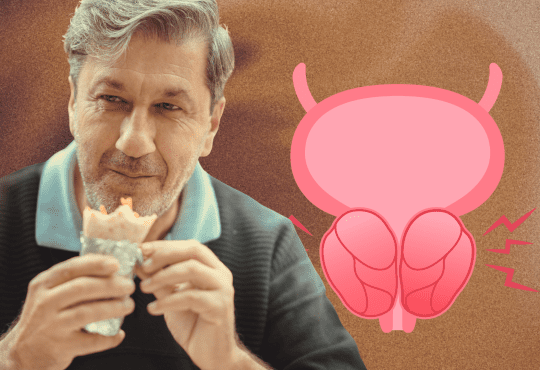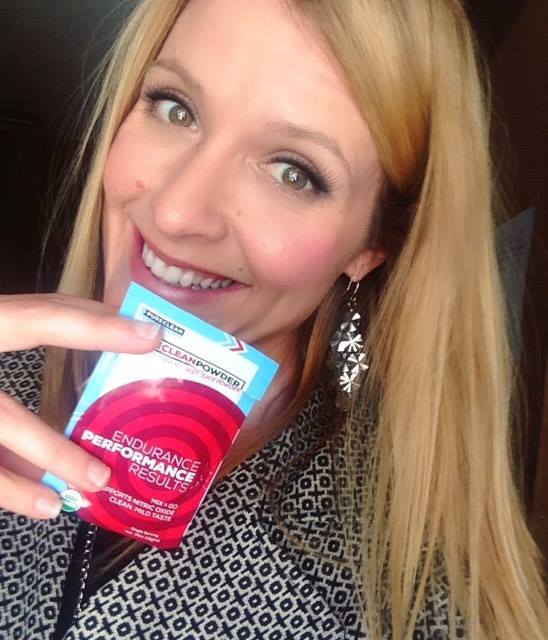
Hair Loss Demystified: Genes, Hormones, Stress, and Everyday Triggers
Hair Loss: More Than Just Baldness
Hair loss isn’t just something that happens with age. It can affect men, women, and even children — and it often feels frustrating or upsetting. While many people think of “going bald” as a family trait, the truth is that hair loss can have many different causes. Some are genetic, some are related to hormones, and others come from lifestyle or even how we treat our hair.
Let’s look at some of the most common — and surprising — reasons hair falls out.
Genes and Hair Loss
Your family history plays a big role in hair health.
- Pattern hair loss: The most common form, often called male-pattern baldness, but it affects women too. In men, it usually starts at the hairline or crown. In women, it often shows up as overall thinning. If your parents or grandparents had it, your chances are higher.
- Alopecia areata: An autoimmune condition where the body mistakenly attacks its own hair follicles, causing sudden, patchy loss. Stress, hormones, or genetics may all play a part.
- Scarring alopecia: In these conditions, inflammation damages the follicles permanently. One type, called CCCA, is more common in women of African descent.
- Rare genetic conditions: Some inherited disorders, like hypotrichosis, lead to fragile or sparse hair from a young age.
Hormones and Hair Growth
Hormones are powerful messengers in the body — and they strongly affect hair.
- Male hormones (androgens): These drive hair growth in some areas (like the face during puberty) but can also cause scalp hairs to shrink, leading to thinning and baldness.
- Oestrogen: This hormone keeps hair in its growth phase. That’s why many women notice fuller hair during pregnancy, then sudden shedding after giving birth when oestrogen drops. Hair thinning after menopause is also linked to lower oestrogen.
- Thyroid hormones: When thyroid levels are too low or too high, hair often becomes thin or brittle.
- Cortisol (the stress hormone): High stress can push hair out of its growth phase, leading to shedding. That’s one reason people often notice more hair loss after illness, grief, or other major stress.
- Other hormones: Insulin, melatonin, and prolactin can also play a part. For example, women with PCOS often notice unwanted facial hair growth but thinning on the scalp.
Hairstyling and Hair Loss
Sometimes, it’s not your body at all — it’s your hair care routine.
- Tight hairstyles: Braids, ponytails, buns, and extensions can pull on the hair and damage follicles over time. This is called traction alopecia, and if caught early, it can be reversed.
- Heat styling: Frequent use of blow dryers, straighteners, and curling irons can weaken hair strands, making them break.
- Chemical treatments: Bleaching, coloring, relaxing, and perming all damage the hair shaft. Overprocessing can make hair gummy, brittle, or cause it to snap off.
- Too much “repair”: Even protein treatments can cause problems if overused, leaving hair stiff and prone to breakage.
- Rough handling: Aggressive brushing or harsh scalp massage can also thin hair over time.
Stress and Illness
Most of us shed 50–150 hairs daily — that’s normal. But when the body goes through a shock, more hairs than usual can enter the “falling out” stage of the cycle. This is called telogen effluvium.
It can happen after:
- Childbirth or menopause
- A major illness or surgery
- High fever or viral infections (including COVID-19)
- Rapid weight loss
- Severe emotional stress
The hair loss usually shows up 2–4 months after the event and may last for several months. The good news: in most cases, it grows back on its own once the body recovers.
Mental Health and Hair Loss
Hair loss isn’t always physical. Some people develop trichotillomania, a condition where they feel a strong urge to pull out their own hair.
- It often starts in childhood or teenage years.
- Pulling brings a sense of relief, but over time it creates bald patches.
- It can cause embarrassment or distress, and sometimes people even eat the hair, which can lead to stomach problems.
- Treatment usually involves therapy that helps replace the habit with healthier coping strategies.
What This Means for You
Hair loss is complex. It isn’t always “just genetics” or “getting older.” Hormones, stress, illness, styling, and even mental health can all play a role.
The good news? Many types of hair loss are temporary or reversible — especially if caught early. Even when it isn’t curable, there are treatments that can slow it down and help you feel more confident.
👉 If you’re noticing sudden, patchy, or unusual hair loss, the best step is to see a dermatologist or your family doctor. They can run tests, rule out underlying issues, and help you find the right treatment for your situation.
Quick Facts About Hair Loss
- Most people lose 50–150 hairs a day — that’s normal.
- Pattern baldness affects both men and women, not just men.
- Stress, illness, or pregnancy can temporarily trigger shedding (telogen effluvium).
- Hairstyling practices like tight braids, heat, and chemical treatments can damage hair over time.
- Some types of hair loss are reversible if caught early, while others (like scarring alopecia) are permanent.
Frequently Asked Questions (FAQ)
What is the most common cause of hair loss?
The most common type is pattern hair loss (androgenetic alopecia), which is linked to genetics and hormones.
Can stress really make your hair fall out?
Yes. High stress raises cortisol levels, which can disrupt the hair cycle and push more hairs into the shedding phase.
Does hair always grow back after hair loss?
It depends on the cause. Stress-related or postpartum hair loss often reverses, but scarring alopecia causes permanent damage.
Can hairstyles cause permanent bald spots?
Yes. Tight styles like braids, ponytails, or extensions can lead to traction alopecia. If not stopped early, follicles can be permanently damaged.
Do women experience baldness like men?
Yes, but it looks different. Women usually have overall thinning rather than complete baldness.
What vitamins help with hair health?
Iron, vitamin D, protein, zinc, and biotin are key nutrients that support strong, healthy hair. Deficiencies in these can contribute to hair loss.
References
Choi, S., Zhang, B., Ma, S., Gonzalez-Celeiro, M., Stein, D., Jin, X., Kim, S. T., Kang, Y. L., Besnard, A., Rezza, A., Grisanti, L., Buenrostro, J. D., Rendl, M., Nahrendorf, M., Sahay, A., & Hsu, Y. C. (2021). Corticosterone inhibits GAS6 to govern hair follicle stem-cell quiescence. Nature. https://doi.org/10.1038/s41586-021-03417-2
Fiona Stanley Hospital Dermatology. (n.d.). Dermatology pre-referral guidelines – alopecia areata. Fremantle Hospitals Group.
Guo, E. L., & Katta, R. (2017). Diet and hair loss: Effects of nutrient deficiency and supplement use. Dermatology Practical & Conceptual, 7(1), 1–10. https://doi.org/10.5826/dpc.0701a01
Hasan, R., Juma, H., Eid, F. A., Alaswad, H. A., Ali, W. M., & Aladraj, F. J. (2022). Effects of hormones and endocrine disorders on hair growth. Cureus, 14(12), e32726. https://doi.org/10.7759/cureus.32726
Healthline. (n.d.). Traction Alopecia: Prevention, Treatment and Causes. Retrieved from https://www.healthline.com/health/traction-alopecia
Malkani, R. H., Shirolikar, S. M., Karmakar, S., & Setia, M. S. (2020). Hair styling procedures and hair morphology: A clinico-microscopic comparison study. Indian Dermatology Online Journal, 11(4), 551–558. https://doi.org/10.4103/idoj.IDOJ_452_19
National Institutes of Health. (2021, April 13). How stress causes hair loss. Retrieved from https://www.nih.gov/news-events/nih-research-matters/how-stress-causes-hair-loss
Vary, J. C., Jr. (2015). Selected Disorders of Skin Appendages – Acne, Alopecia, Hyperhidrosis. The Medical Clinics of North America, 99(6), 1195–1211. https://doi.org/10.1016/j.mcna.2015.07.003
olibrd. (2022, March 1). Hairdresser absolutely destroyed my hair after bleach job, hair fall out in chunks. Reddit. Retrieved from https://www.reddit.com/r/HaircareScience/comments/t49a0c
⚠️ Disclaimer: This article is for educational purposes only. It is not a substitute for medical advice, diagnosis, or treatment. Always consult a healthcare provider for concerns about hair loss.







